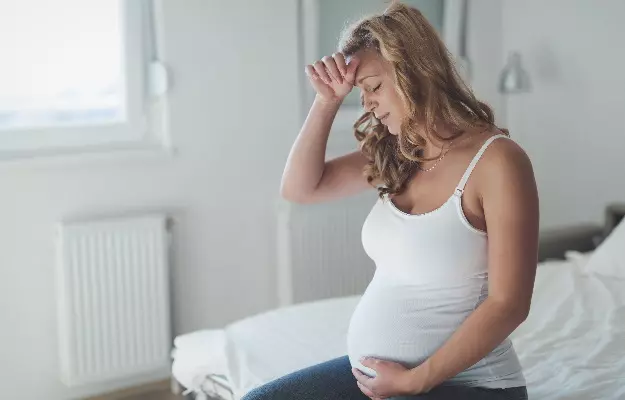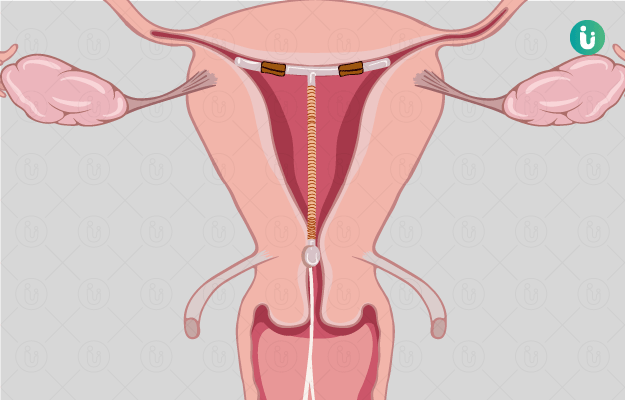Motherhood can be a joyful experience for most mothers, but for some, it can bring its own set of mental health issues. Most people are aware of what postpartum depression is, and just how much of an impact it can have on a new mother, her child and the entire family unit. What most people tend to overlook is antepartum depression or depression during pregnancy.
Contrary to what you might think, depression during pregnancy is quite a common issue. According to the American College of Obstetricians and Gynecologists, approximately 14-23% women struggle with symptoms of depression during pregnancy. This type of depression is often not diagnosed or treated properly because the symptoms of depression can have similarities with symptoms of pregnancy itself.
Both depression and pregnancy can affect sleep patterns, energy levels, appetite, sexual desire, etc. Add to this the stigma associated with depression, and many women might be reluctant to talk about having depression during pregnancy. However, it’s important to remember that depression - before, during or after pregnancy - is a treatable mood disorder as long as you accept what is happening and seek professional help.
This is necessary for everyone suffering from depression, but pregnant women and their families need to be extra-cautious because depression during pregnancy can lead to postpartum depression. Moreover, depression during pregnancy can cause a number of complications like premature labour, low birthweight and developmental problems. Read on to find out everything you need to know about depression during pregnancy.










































